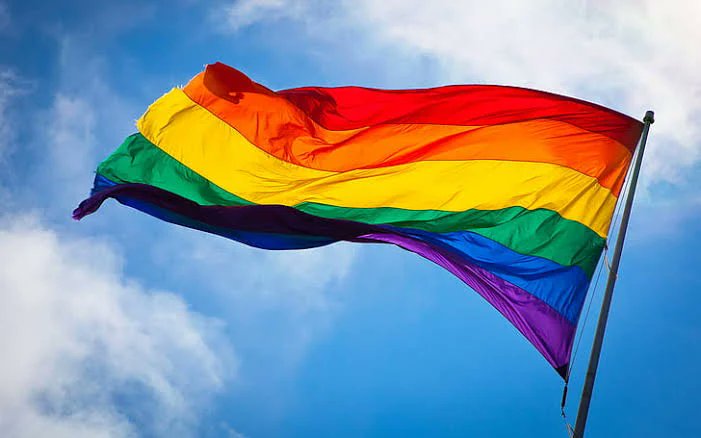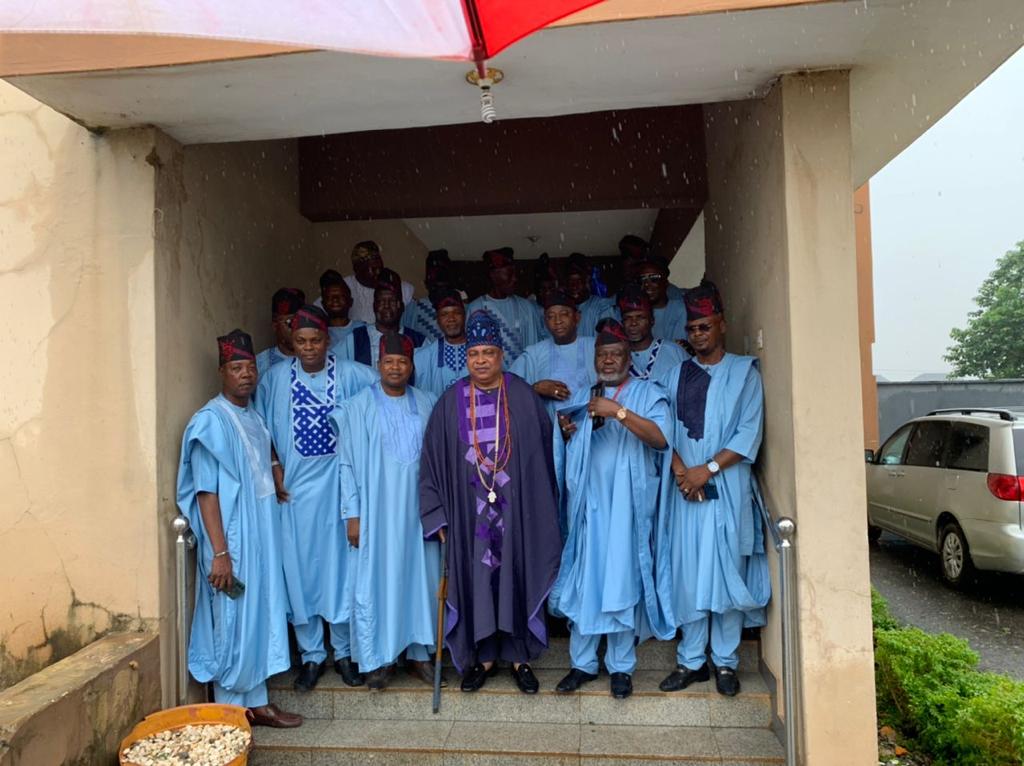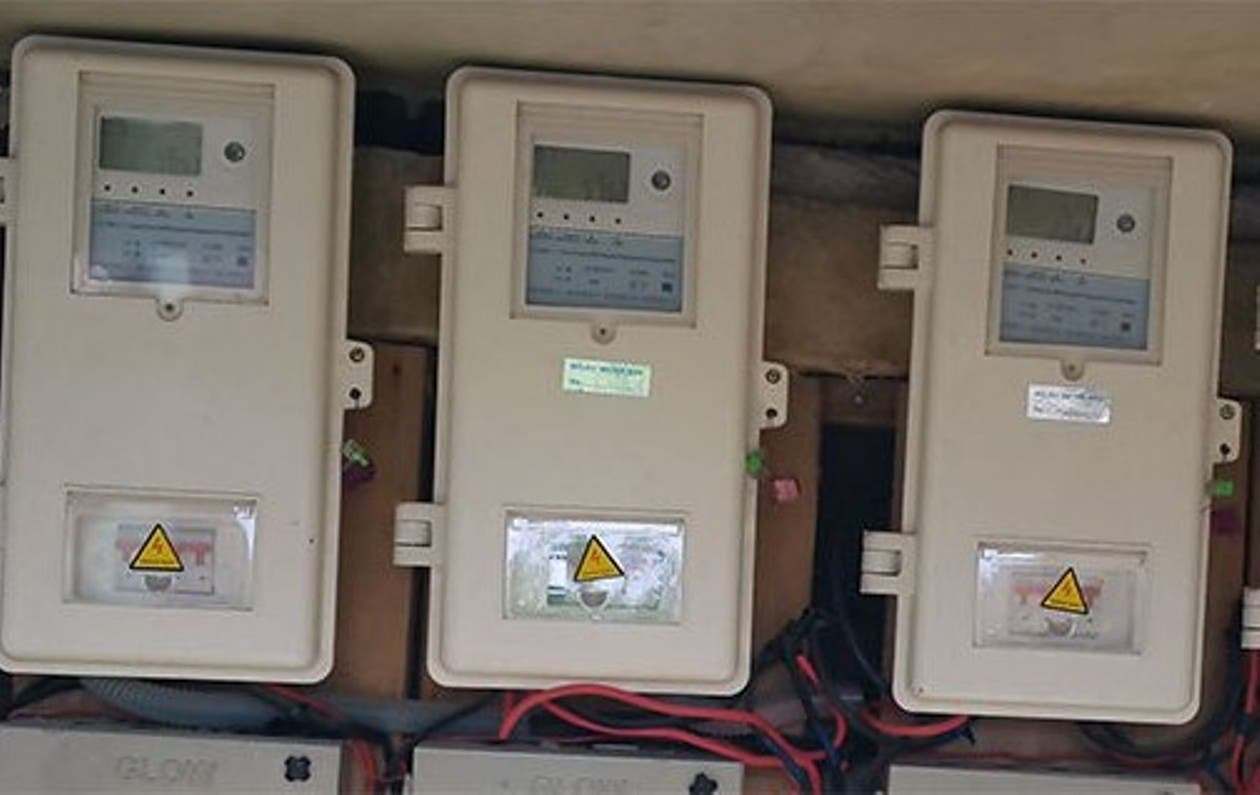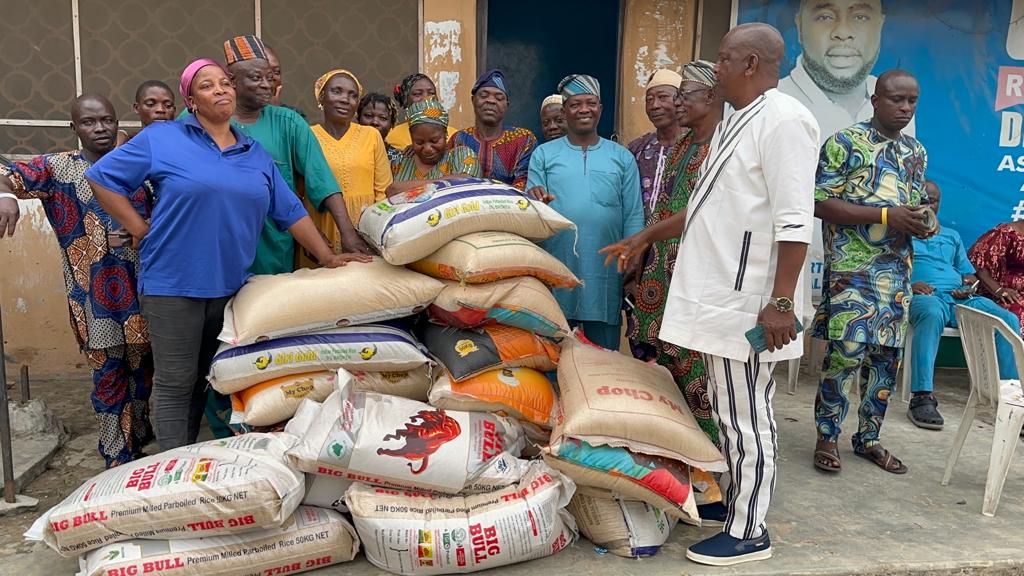REVEALED: The 39 anti-LGBTQ+ countries — including an Islamic republic — that signed the Samoa Agreement

All Rights Reserved
Did Nigeria approve of same-sex marriage by signing the Samoa Agreement?
That has been the big question since the country signed the agreement on June 28 in Brussels, Belgium.
According to the European Council, the Samoa Agreement is the overarching framework for European Union (EU) relations with African, Caribbean, and Pacific (ACP) countries.
The foundation agreement was signed on November 15, 2023, and took effect January 1, 2024, to serve as a new legal framework for EU relations with 79 countries collectively forming the Organisation of African, Caribbean and Pacific States (OACPS). It will last for an initial 20-year period.
Checks by TheCable revealed that because of the mention of sexual orientation and gender identity (understood to be be LGBTQ+ rights), many ACP countries, including Nigeria, refused to sign.
A compromise was reached, providing that the parties will commit “to promote, protect and fulfil all human rights be they civil, political, economic, social or cultural”.
The parties are requested to commit to the implementation of existing international agreements — such as the International Conference on Population and Development Programme of Action on sexual and reproductive health and rights, the Beijing Platform on gender equality and their follow-up (negotiated agreement, Article 36).
The agreement covers six priority areas — democracy and human rights, sustainable economic growth and development, climate change, human and social development, peace and security, and migration and mobility.
Before the Samoa Agreement were the Lomé Convention and the Cotonou Agreement, signed in 1975 and in 2000 respectively.
SAMOA AGREEMENT SIGNATORIES
Signatories to the Samoa Agreement are 48 African countries, 16 countries from the Caribbean and 15 Pacific countries — accounting for about two billion people.
Africa
South Africa, Angola, Cape Verde, Benin, Botswana, Burkina Faso, Burundi, Cameroon, Central African Republic, Comoros, Congo (Brazzaville), Congo (Kinshasa), Côte d’Ivoire, Djibouti, Eritrea, Ethiopia , Gabon, Gambia, Ghana, Guinea, Guinea-Bissau, Equatorial Guinea, Kenya, Lesotho, Madagascar, Liberia, Malawi, Mali, Mauritius, Islamic Republic of Mauritania, Mozambique, Namibia, Niger, Nigeria, Uganda, Rwanda, Sao Tome and Principe, Senegal, Seychelles, Sierra Leone, Somalia, Sudan, Eswatini, Tanzania, Chad, Togo, Zambia, Zimbabwe.
The Caribbean
Antigua and Barbuda, Bahamas, Barbados, Belize, Cuba, Grenada, Guyana, Haiti, Jamaica, Dominican Republic, Saint Christophe and Nevis, Saint Vincent and Grenadines, Saint Lucia, Suriname, Trinidad and Tobago
The Pacific
Cook Islands, Marshall Islands, Solomon Islands, Fiji, Kiribati, Micronesia, Nauru, Niue, Palau, Papua New Guinea, Samoa, Timor Leste, Tonga, Tuvalu, Vanuatu.
THE LGBTQ+ CONTROVERSY
Nigeria’s Same-Sex Marriage Prohibition Act (SSMPA) passed in 2014 prohibits lesbian, gay, bisexual, and transgender (LGBT) rights and criminalises marriage between people of same sex and civil unions.
Nigeria’s legal position on same-sex marriage was what fuelled the uproar that followed its signing of the Samoa Agreement.
On Thursday, a media report claimed that some clauses of the agreement allegedly compel underdeveloped and developing nations to support the agitations by LGBTQ+ people for recognition.
The claims have been established to be false.
Mohammed Idris, the minister of information and national orientation, clarified that the federal government ensured that the agreement did not contravene the 1999 Constitution (as amended) and other extant laws.
The government has also explained that the agreement is strictly for the economic development of the country — as against claims that it contains provisions for same-sex marriage.
OTHER ANTI-LGBT COUNTRIES THAT SIGNED SAMOA AGREEMENT
Among the signatories to the Samoa Agreement are countries with anti-LGBTQ laws, including those governed by Islamic laws or with a predominantly Muslim population.
Samoa, which hosted the foundation summit in 2023, criminalises same-sex relations between men
Like Nigeria, their laws do not support same-sex marriage — otherwise they would not have signed the Samoa Agreement if it mandated LGBTQ+ rights.
Samoa itself, where the agreement is named after for hosting the foundation summit, criminalises same-sex relations between men, which is called sodomy.
Consensual same-sex relations are illegal in over 30 African countries.
A research by TheCable showed that at least 39 of the signatories are anti-LGBTQ+ while several do not have a clear legal position.
Of the 79 signatories, Muslim-majority countries such as Sudan, Somalia, Mauritania, Comoros, Gambia and Sierra Leone are among the countries that have criminalised gay relations.
Somalia’s penal code, for instance, mandates a three-year prison sentence, or a death sentence that may be imposed under Sharia laws.
In April 2024, Uganda passed a law that allows death penalty for “aggravated homosexuality” and up to a decade imprisonment for same-sex relations.
For Mauritania, a Muslim country, same-sex sexual activity is prohibited under the penal code which criminalises “acts against nature”.
The provision, with its origins in Islamic law, carries a maximum penalty of death by stoning for men and imprisonment for women.
In Sudan, a conservative Muslim country, same-sex relations is prohibited under the 1991 penal code, with a maximum penalty of life imprisonment.
The law previously allowed for flogging and death penalty until 2020 when it was relaxed.
East Africa’s Comoros laws, influenced by French, Islamic and customary laws, prohibit same-sex marriage, with a penalty of five years imprisonment and a fine.
That these countries have criminalised LGBTQ+ sexual relations yet signed the Samoa Agreement gives further credence to the fact that the agreement does not mandate them, Nigeria inclusive, to become pro-LGBTQ+.
It is worth noting that among the signatories are also countries that have legalised same-sex marriage through court decisions or legislative actions.
The countries include Antigua and Barbuda, Jamaica, Dominican Republic, Saint Lucia, Trinidad and Tobago, Cuba, and Belize.
Credit: The Cable






